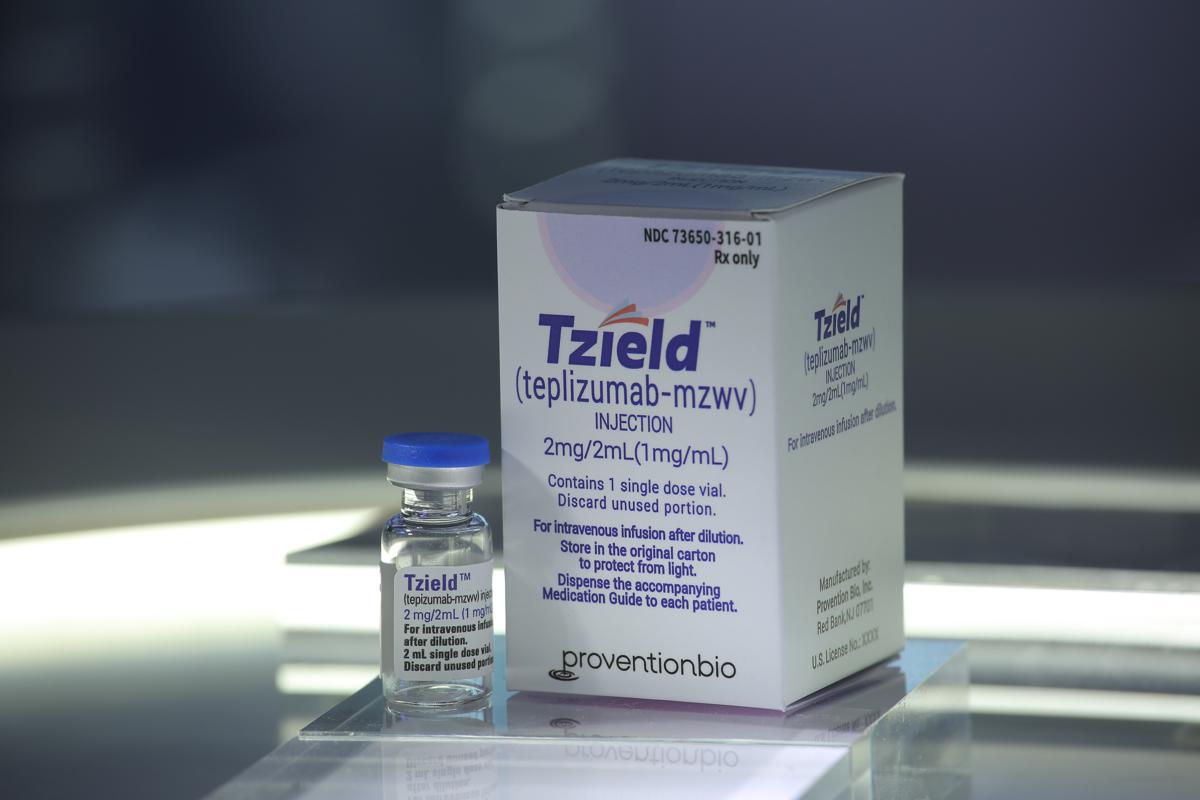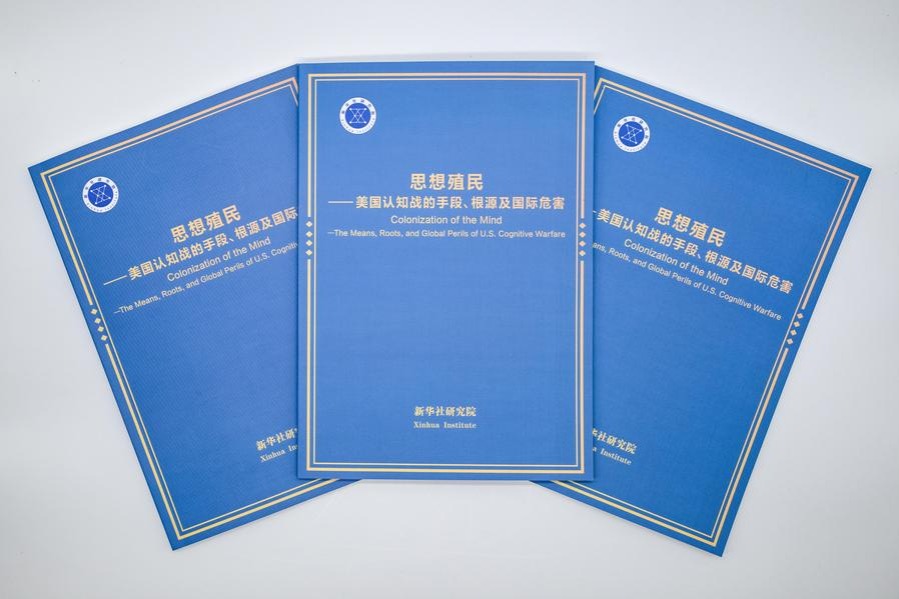Sanofi's innovative diabetes injection Tzield wins approval in China


French pharmaceutical giant Sanofi announced recently that its Tzield has been approved by China's National Medical Products Administration.
The innovative injection, which is used for postponing the onset of stage 3 type 1 diabetes in children aged 8 and above and adults with stage 2 type 1 diabetes, can protect the body's pancreatic islet function at the root cause, allowing patients to delay the progression of type 1 diabetes from stage 2 to stage 3 for nearly three years, said the company.
Shi Wang, president of Sanofi Greater China, highlighted the rapid approval process, attributing it to the Chinese government's efforts to accelerate the availability of innovative medications.
"Looking into the future, Sanofi will continue to deepen collaboration with various sectors of society to advance the improvement of China's type 1 diabetes prevention and treatment system, injecting innovative momentum into building a type 1 diabetes-friendly society," he said.
Type 1 diabetes is an autoimmune disease, and patients require lifelong insulin replacement therapy. China ranks third globally in the number of type 1 diabetes cases, with about 600,000 individuals affected. The disease predominantly impacts children and adolescents aged between 10 and 14.
"The approval of such an innovative medicine represents a breakthrough in the nation's efforts to combat type 1 diabetes and empowers patients to take control of their lives," said Zhou Zhiguang, director of the National Clinical Research Center for Metabolic Diseases.
Type 1 diabetes sufferers and their families face substantial physical and emotional challenges, according to experts. Patients in stage 3 of the disease require at least four insulin injections daily. Also, managing the disease demands rigorous dietary and exercise discipline.
At the same time, children and adolescents must navigate social integration at school, with anxiety and depression rates significantly higher among young patients compared with their healthy peers. Additionally, nearly half of the affected families experience moderate to severe economic losses.
- Sanofi's innovative diabetes injection Tzield wins approval in China
- China mulls amendment to cybersecurity law to strengthen legal responsibilities
- ROK to transfer the remains of 30 martyrs to China
- Former bank executive charged with suspected bribery and illegal loan issuance
- Overnight at a 24-hour library in Shanghai
- More remains of Chinese martyrs to return from ROK





































